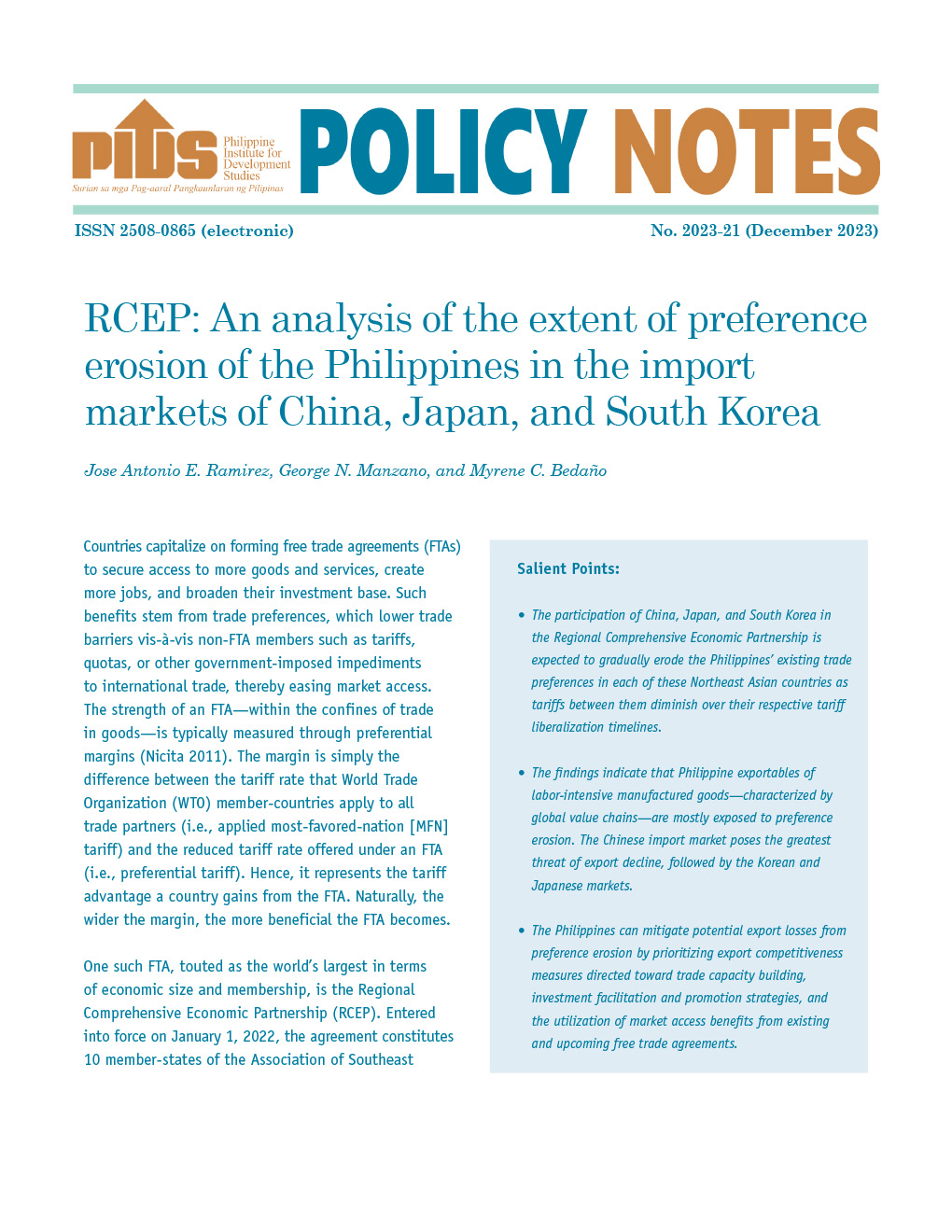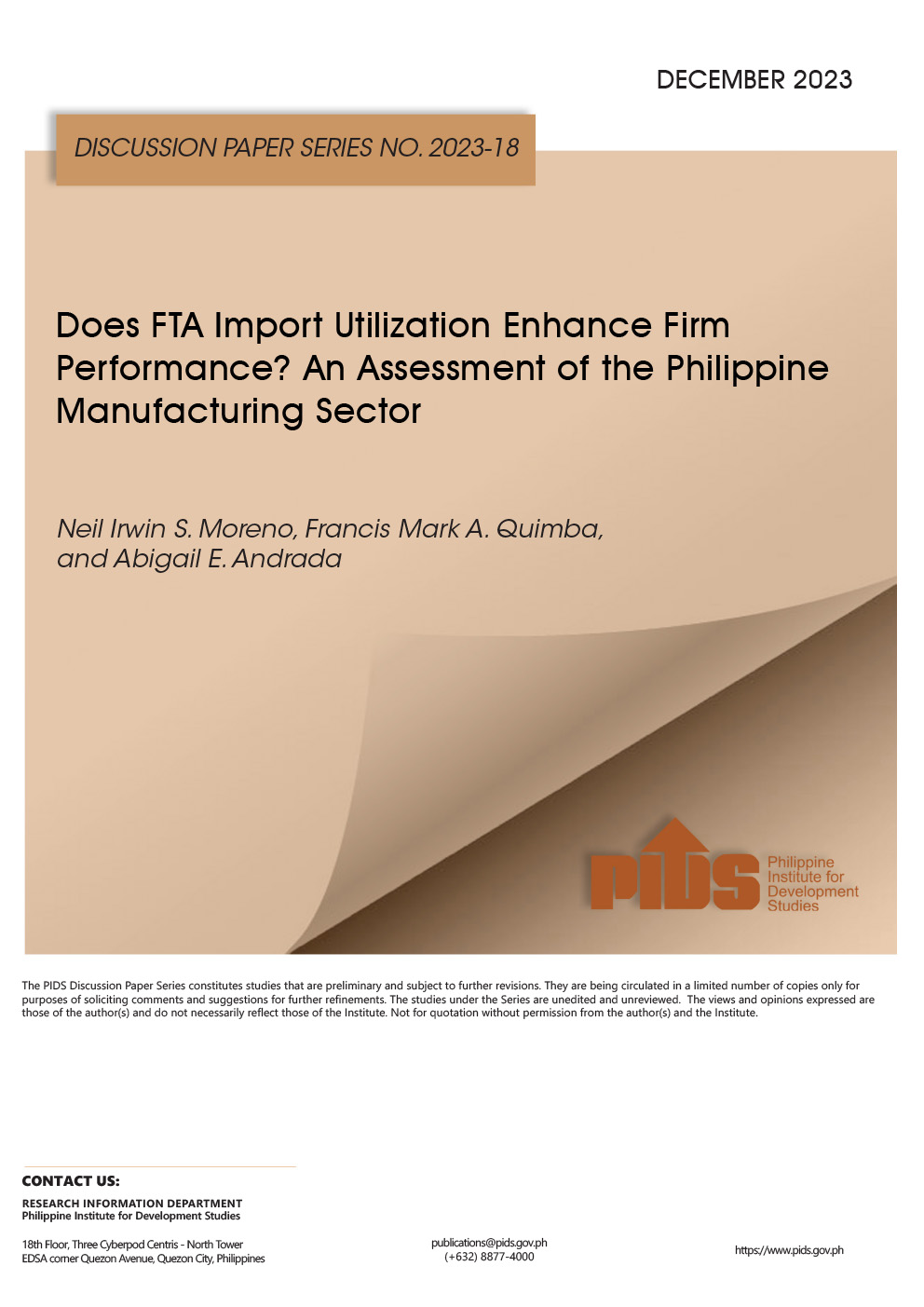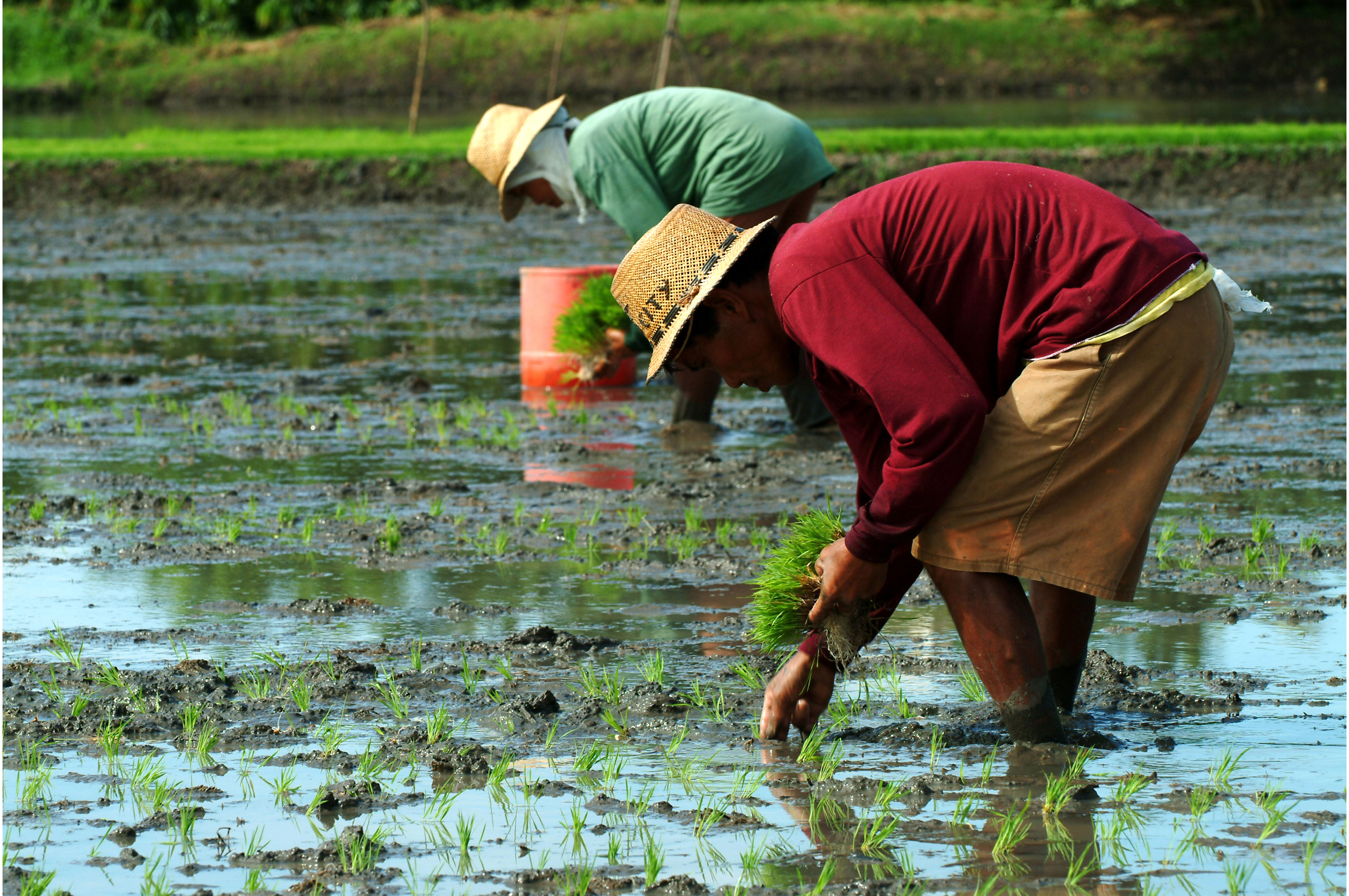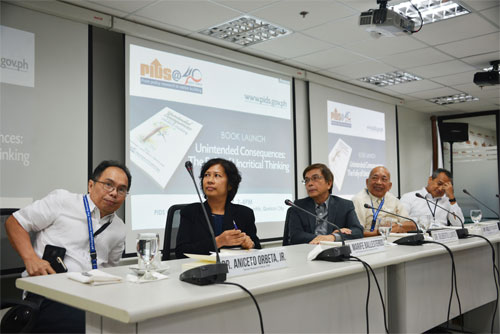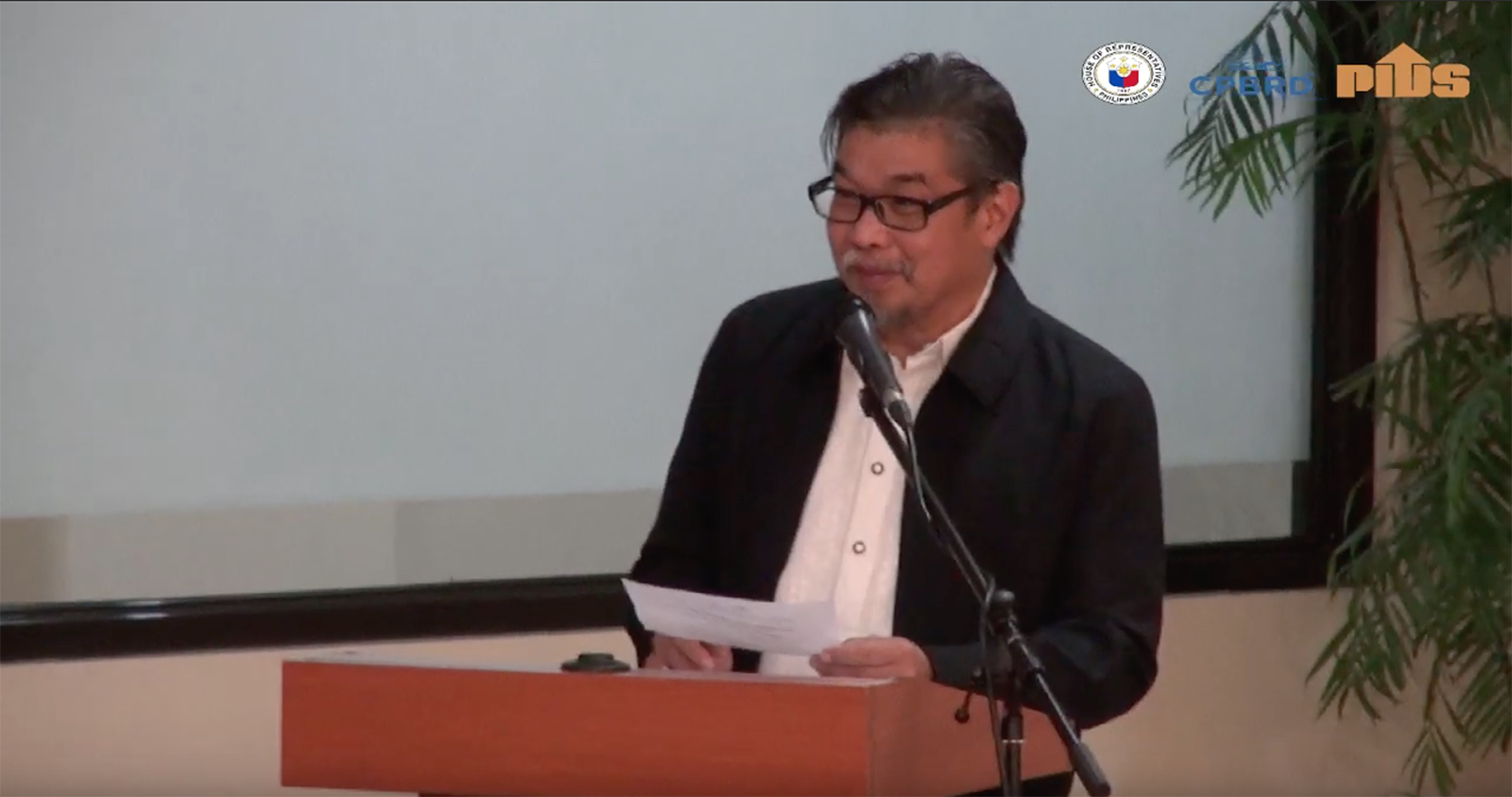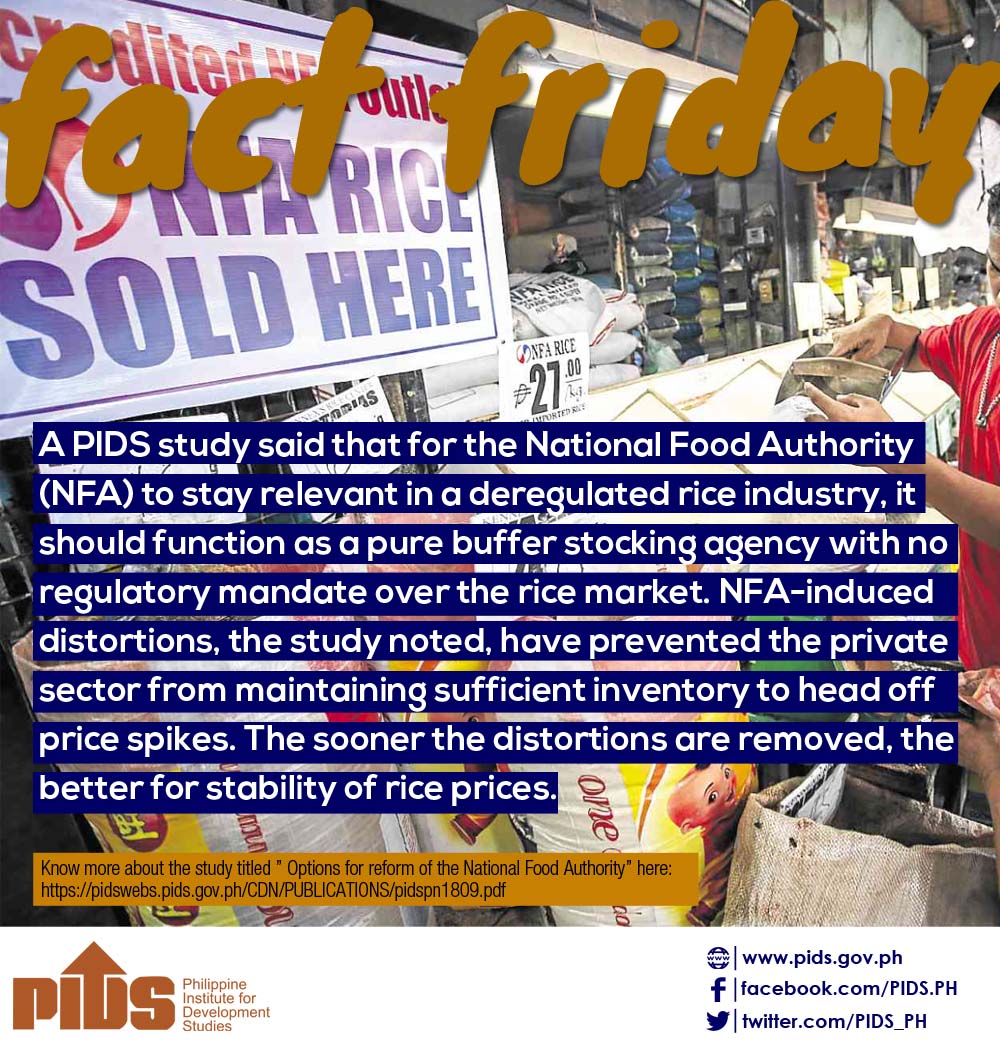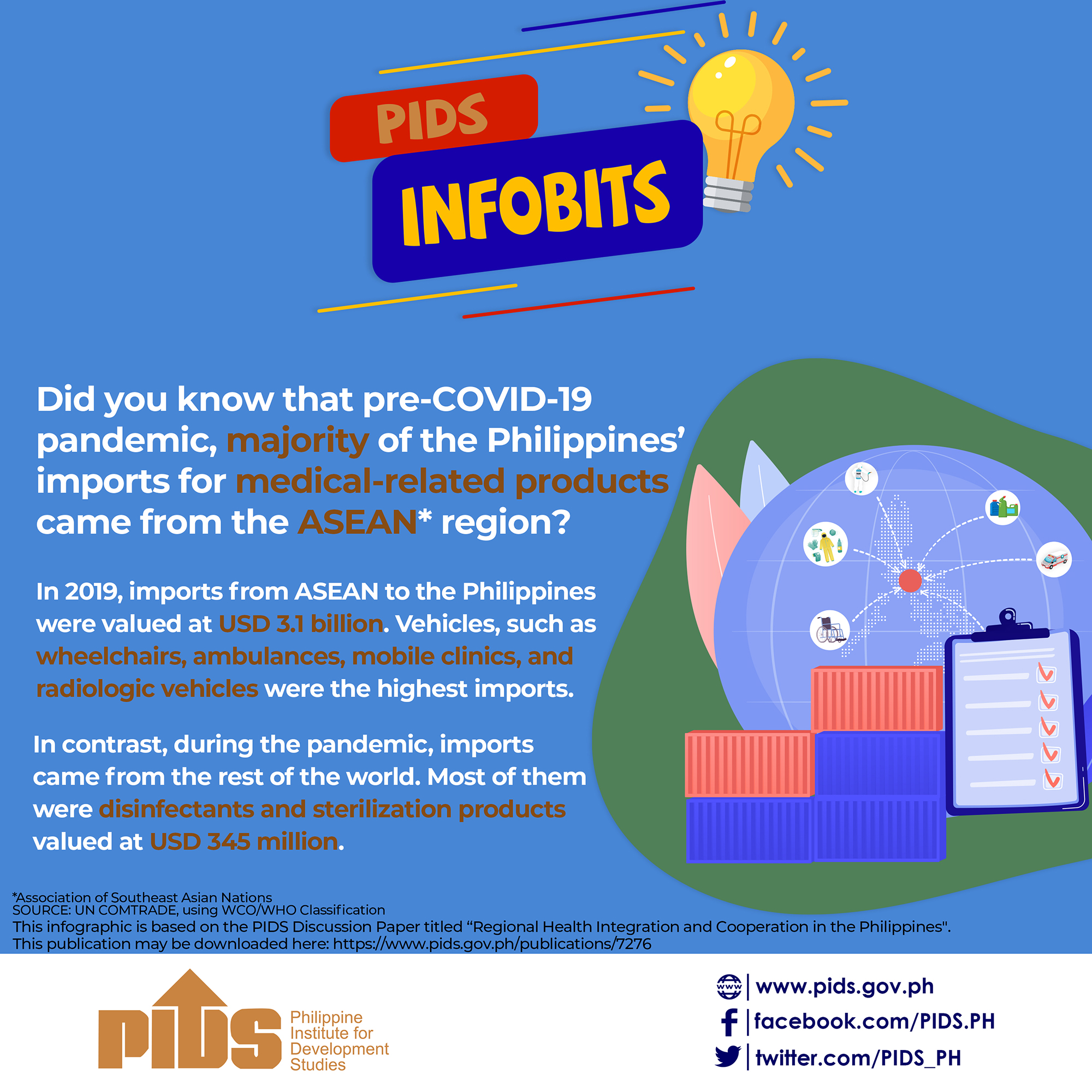THE PHILIPPINES has allowed private rice traders to import as much as 163,000 tons of the grain this year, nearly two-thirds of which can come from Thailand.
It remains unclear, however, if there will be takers for the full quota, given the high import tariff that comes with the government offer and concerns over doing business with Thailand, which is facing a prolonged political crisis.
Pre-determined quantities of rice are allowed to be imported by the private sector every year, in line with the country’s commitment to the World Trade Organization. The Philippines is one of the world’s biggest buyers of the grain.
"We are now accepting applications and private rice traders can take advantage of the cheap rice being offered by Thailand,” Dennis Arpia, senior executive assistant at the National Food Authority (NFA), told Reuters.
Private traders can apply to import up to 98,000 tons of rice from Thailand this year, with a duty of 40%, Mr. Arpia said. An importer is required to buy a minimum of 2,000 tons and a maximum of 5,000 tons.
The volume is a fraction of what Thailand can offer to buyers, but any demand at this time could help the country offload some of its huge stocks bloated by a controversial state rice-buying scheme.
In contrast, rice smuggling into the country became more rampant last year, averaging 50,000 tons each week, according to local media reports quoting a senior customs official.
"The tariff is very high at 40%,” said economist Roehlano Briones of the government think tank Philippine Institute for Development Studies.
"The government must do away with those unreasonably high import barriers.”
The Philippines, the world’s biggest rice buyer in 2010 with a record annual purchase of 2.45 million tons, may need to import as much as two million tons of the grain to meet 2014 requirements after several calamities, including strong typhoons in the last quarter of last year, destroyed crops and depleted stocks.

